
ID card — if you have one, you're all set!Not sure?
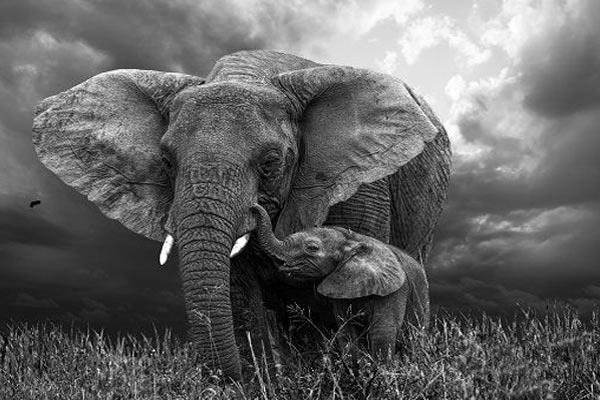
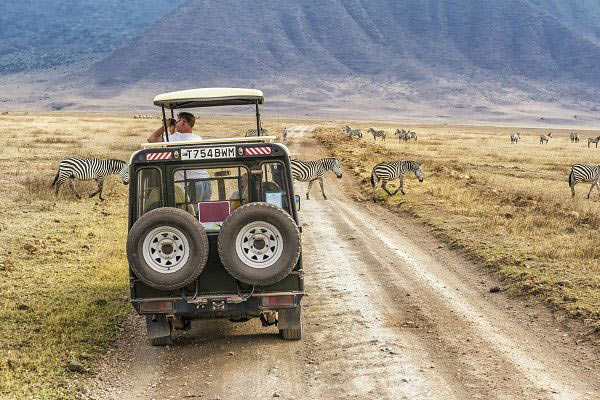
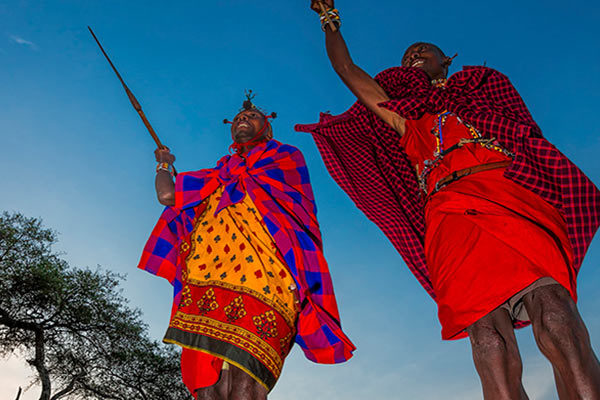
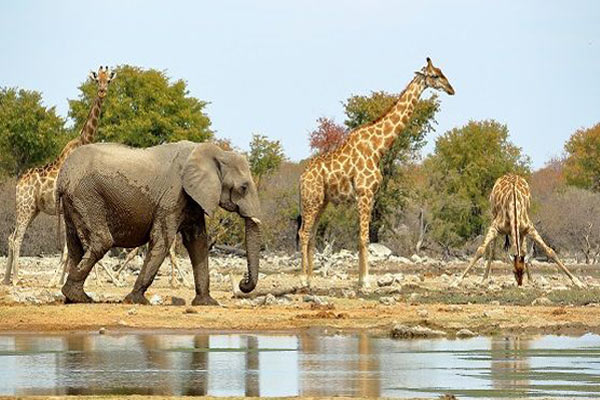
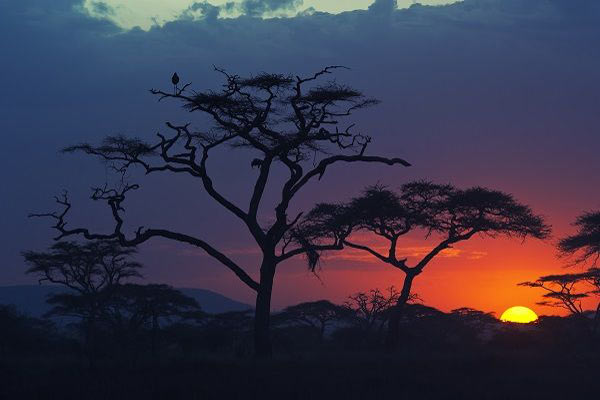


Going on Safari in Africa, the world’s second largest and second most-populous country, is a big allure to traveling there. The great migration in Tanzania is an incredible sight of wildlife. But you may be surprised at the many other pleasures of Africa. In fact, the continent hosts 54 countries and over 2000 languages alone! From the mystical Pyramids of Giza in Egypt to the white beaches of Zanzibar, you’ll find an enormous range of landscape, accommodations, and cuisine. It also is the home of the world’s largest desert: The Sahara, the world’s longest river: The Nile, and the world’s highest free-standing mountain: Kilimanjaro. Plus plenty of excursions like sand boarding orange dunes in Namibia, bungee-jumping Victoria Falls in Zambia, and roaming amongst the gorillas in Uganda. From the booming cultural art scene to breathtaking mountaintop views, adventure awaits you no matter where in Africa you go.
Visitors must have a passport to travel to Africa, which is valid for at least 6 months after the scheduled return date. You may also need a visa, depending upon the country you are visiting. It is recommended that you have at least 2 blank pages in your passport, as well. There are many recommended (and some required) travel vaccinations, so make the proper medical arrangements in advance. Check with the U.S. embassy or consulate of the country you plan to visit, or contact your travel expert to guide you. https://www.usembassy.gov/
The African seasons are opposite of North America, so winter runs June to August, and summer in December and January. The best time for an African safari is in their spring or fall (September, October, March, and April), when the temperatures aren’t too hot. The average generally range between 60F to 80F throughout the year. Wear long pants or skirts, in a breathable fabric like cotton, to protect your legs from the sun and mosquitos. Also to note, that the local men don’t traditionally wear shorts in Africa. For the women, remember to bring all the sanitary supplies you need, as tampons and other feminine provisions are not as common throughout many parts of the continent.
The best currencies to bring to Africa are the US Dollar or the European Euro, in cash or traveler cheques. It’s also advised to bring your credit and debit cards, and use the ATM machines found at the airport and other main centers in town as you need cash. If possible, carry a combination of cash and cards, so that you can purchase what you need no matter the currency the local merchant accepts.
Mobile phones are common throughout Africa, so you should have no problem accessing internet or 3G connection in most populated areas with your wifi device. Most hotels and big centers will have wifi, often in remote areas too. Unless, of course, you are on safari. Contact your cell phone provider before you travel, and get the best international plan for your needs. You may also be interested in a global SIM card provider with phone rental company like Telestial or Cellular Abroad. Skype is also a great solution to make phone calls over a wifi connection. Don’t forget your charger with an adaptor – and consider a solar charger which is great for remote areas in Africa!
Public bus and train transportation is available in Africa, but not in every area. Shared taxis are probably the easiest and quickest for getting around town. You’ll also find small mini-buses in places where public transportation is hard to find. Rental cars are also available in bigger cities, if desired. Although, most safaris and other tourist trips will arrange for your transport from the hotel. Also remember to bring snacks with you on your travels, some distances are far between transfers.
